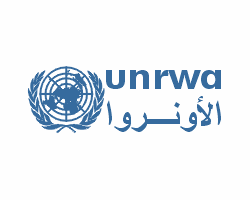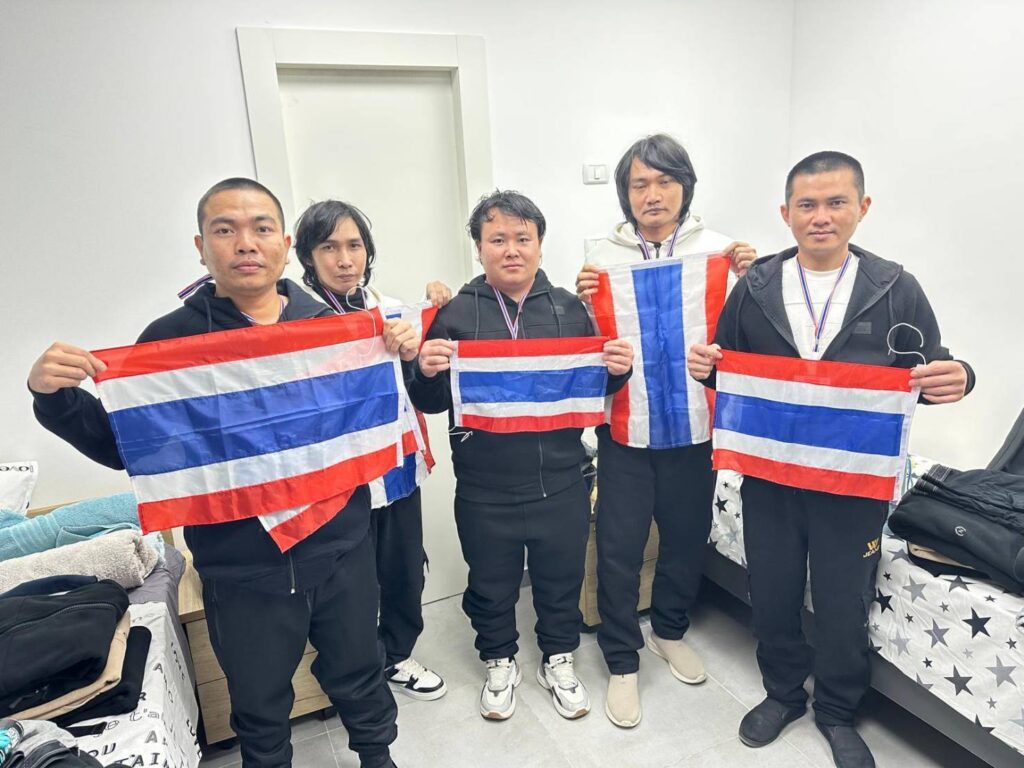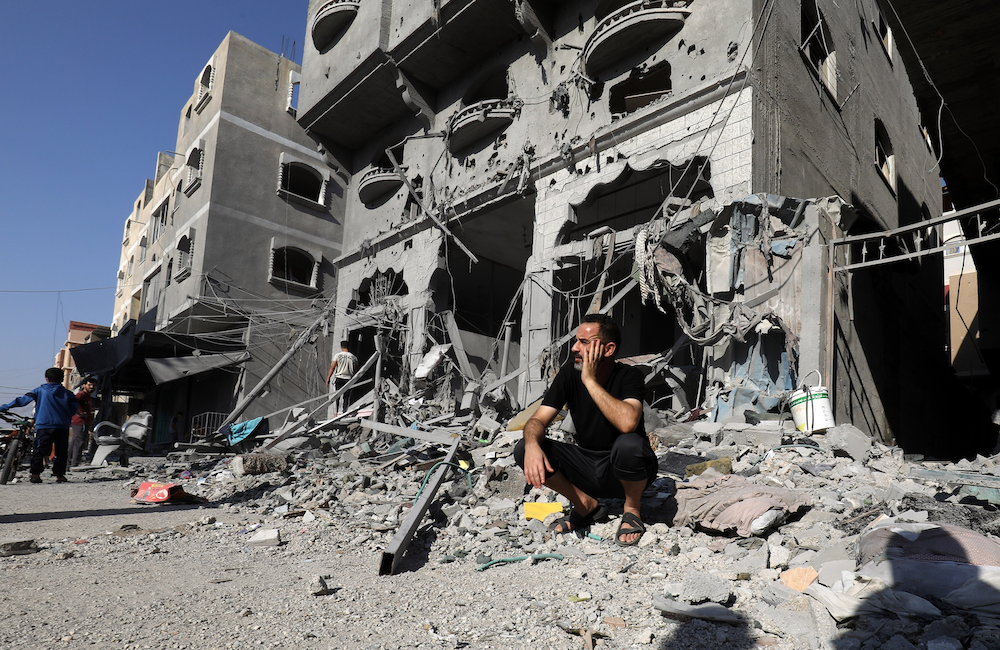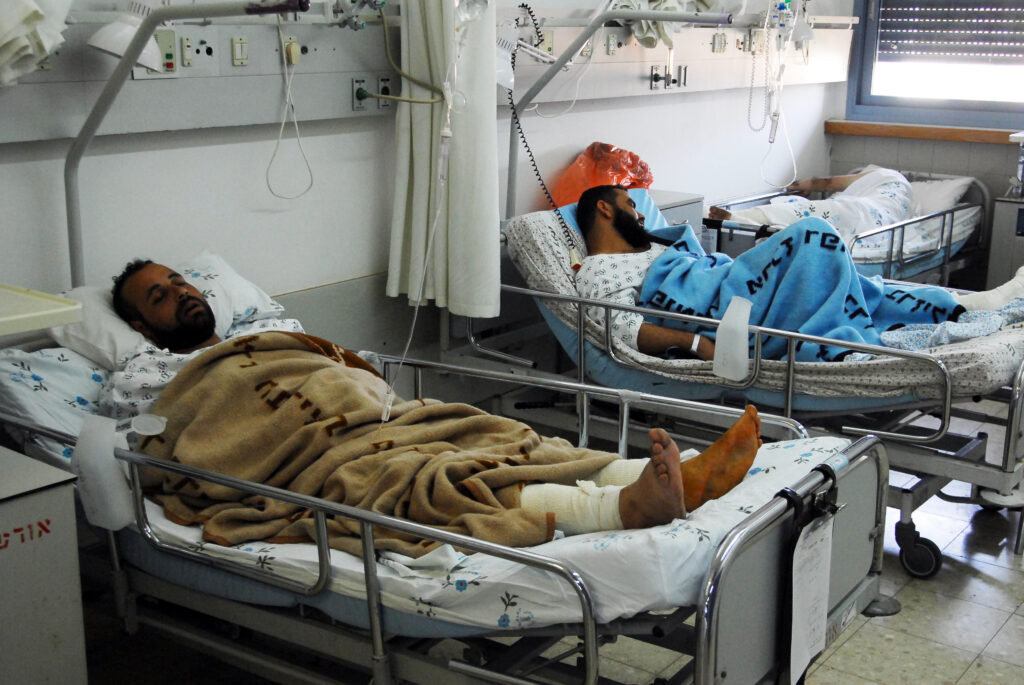UPDATES
UNRWA’s double standards in Syria
Nov 12, 2012 | Sharyn Mittelman

Last week’s blog post noted that over 400 Palestinians have been killed in the Syrian civil war, with little to no coverage by the Australian media or Palestinian advocates. There was even little significant coverage of the incident on November 4, when shelling of a Palestinian refugee camp Yarmouk by Assad’s army killed twenty Palestinians including women and children. A similar incident in Gaza involving Israeli fire would have been frontpage news for days, and would have led to vehement condemnations at the UN and around the globe, and demands for investigations and prosecutions.
It is clear that Palestinians – once on the sidelines of the Syrian conflict – are increasingly involved in the violence, and many have decided to flee Syria. According to a press release by United Nations Relief and Works Agency (UNRWA) on November 2:
“UNRWA estimates that 225,000 Palestine refugees in Syria are directly affected by the ongoing conflict. Currently, there are 1,622 registered Palestine refugees who have fled Syria for Jordan. The number of Palestine refugees from Syria that have approached UNRWA in Lebanon is estimated to be approximately 8,000 individuals (1,860 households).”
The conflict has also highlighted UNRWA’s double standard. Five UNRWA employees have been killed in the Syrian conflict. Moreover, in separate incidents shells hit and damaged both an UNRWA health centre and an UNRWA school. However, UNRWA has only issued weak statements deploring the deaths and calling for “all sides must refrain from conducting the conflict in civilian areas and must comply with their obligations under international law…” This significantly contrasts with the condemnations and calls for war-crimes investigations that occurred when an Israeli shell struck outside an UNRWA school during the 2009 Gaza conflict (in that incident UNRWA also initially falsely insisted the school itself had been hit).
Yet commenting on the recent deaths, UNRWA Commissioner-General Filippo Grandi preferred to instead use words designed to highlight the “Palestinian cause” vis-a-vis Israel, rather then condemn the Syrians responsible. He said:
“The loss of our staff – Palestine refugees themselves – brings home to us in the starkest terms the human dimension of the Palestine refugee question.”
Analysts Asaf Romirowsky and Alex Joffe argue in the Middle East Forum that UNRWA’s obvious “double standards” in relation to such incidents are telling, regarding the insecurities and politicisation of this supposedly neutral UN relief agency – as well as highlighting the inequitable treatment of refugees internationally:
“… double standards are sometimes revealing. The responses point to a new predicament for UNRWA and Palestinians. Simply put, they are no longer the Middle East’s premier refugees. Some three hundred thousand Syrian refugees are now registered with the UN in neighboring countries, with estimates of up to seven hundred thousand refugees by year’s end.
The way the UN deals with these developments is instructive. Syrian refugees must rely on the United Nations High Commissioner for Refugees, which deals with crises the world over. Palestinian refugee shave their own dedicated organization, which for more than sixty years has acted as their internationally funded health, education and welfare ministry. UNHCR has a staff of 7,600 spread across 126 countries. UNRWA has a staff of twenty thousand in the West Bank and Gaza, Jordan, Lebanon and Syria. UNHCR’s budget in 2010 was $1.3 billion, while UNRWA’s was roughly $600 million. One organization is about helping refugees; the other is about keeping Palestinians refugees. The amount of international money and attention paid to the Palestinian refugees has no precedent…
Unlike Lebanon, the 470,000 Palestinians in Syria have been granted the right to work in any profession but are not citizens and cannot own property besides the houses in which they reside. But most Palestinians in Syria have never known any other home and are effectively as Syrian as other groups in that country’s ethnic-religious patchwork. Unlike Christians, Druze and other groups now being turned into refugees or internally displaced persons, Palestinians have the UNRWA to provide support and act as their advocate. Syrian refugees will now ask why one resident population has its own UN support organization while the rest do not…
UNRWA must now compete for attention and support while not alienating either the Baathist regime or the rebels and their various patrons. UNRWA is therefore playing a cautious game. The organization has a patented sense of outrage, honed against Israel, as well as a keen sense of public relations. But these cannot be used against Syria, which could, as in Kuwait in 1991, simply expel Palestinians without any international challenge…
The tragic scale of the human-rights crisis in Syria-some thirty thousand dead, hundreds of thousands displaced and murderous abuses on all sides-has put the Palestinian situation in proper perspective. Decades of unwillingness to resettle Palestinians on the part of Syria, the UN and the Palestinians themselves have again had the unintended consequence of making Palestinians vulnerable. Any just solution to the Syrian situation will demand that Palestinians be granted full citizenship rights and at the same time be made to stand on their own two feet without special international aid that only retards their reintegration and infuriates their neighbors. Such a solution would also inevitably put UNRWA out of business. UNRWA is more likely to play a quiet waiting game. It should not be permitted to do so.”
Sharyn Mittelman
Tags: NGOs











